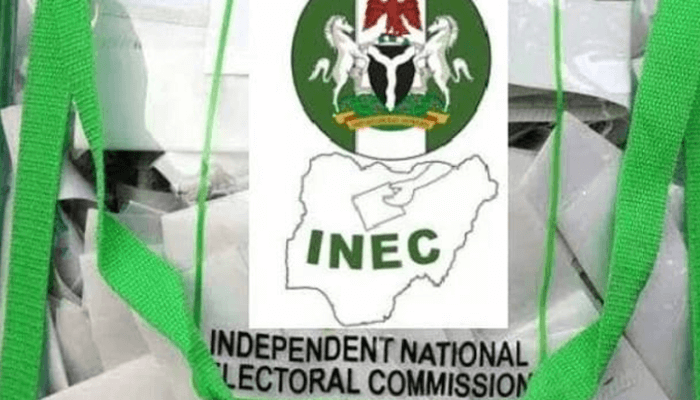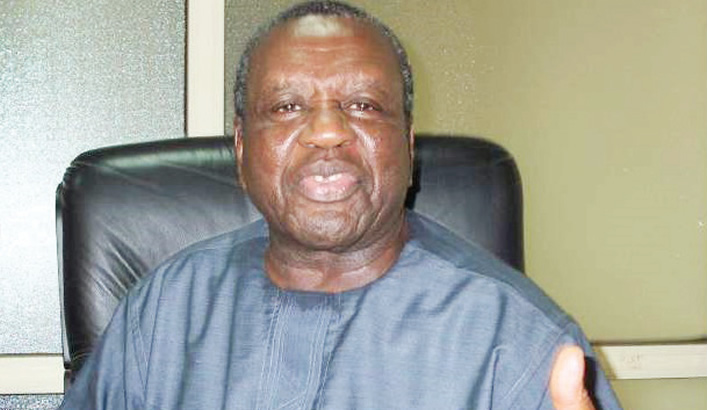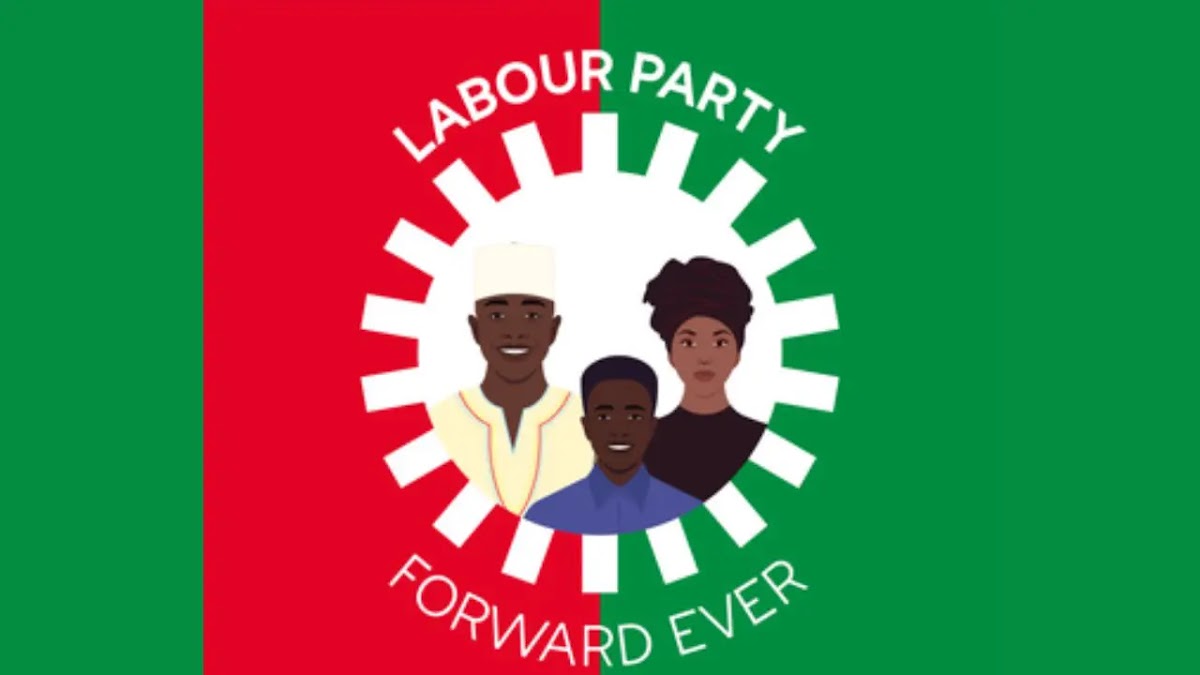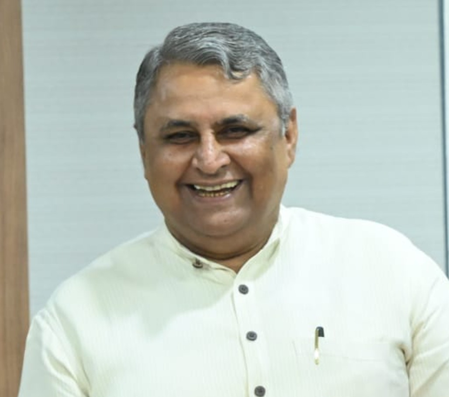By Athekame kenneth
Copyright businessday

The Independent National Electoral Commission (INEC) has announced that 14 associations have successfully crossed the first hurdle in their quest to become political parties in Nigeria. The commission said this followed a careful review of applications submitted by different groups across the country. Out of a total of 171 applications received, only 14 met the initial requirements and were cleared to move to the next stage.
This was made known on Thursday by INEC’s National Commissioner and Chairman of the Information and Voter Education Committee, Sam Olumekun, after the commission’s meeting in Abuja. He explained that the decision was taken after each application was assessed against the relevant provisions of the law. According to him, all applications were reviewed based on the requirements set out in the Nigerian Constitution of 1999 (as amended), the Electoral Act of 2022, and INEC’s own guidelines for political parties. These documents spell out the basic conditions any association must meet before it can be considered for registration.
In simple terms, the clearance of 14 associations means they are one step closer to being recognised as official political parties in Nigeria, but they are not yet fully registered. The process involves several stages, and only those that meet all conditions will eventually be granted certificates of registration. Until then, they remain associations aspiring to join the league of political parties.
For Nigerians, development is important because political parties are central to democracy. They sponsor candidates for elections, organise campaigns, and influence the direction of government policies. Without INEC’s approval, no group can operate legally as a political party. That is why registration is such a critical step for any group that wants to participate in elections.
One might wonder why only 14 out of 171 associations were able to pass the initial screening. The truth is that setting up a political party in Nigeria is not as simple as just gathering people together and choosing a name. There are strict requirements that must be met. For example, an association must have a clear constitution that outlines its vision, structure, and membership rules. It must also establish offices in different parts of the country to prove it has a national outlook and not just a regional or tribal base. In addition, it must demonstrate that its doors are open to all Nigerians, regardless of ethnicity, religion, or background. Other conditions include proving that the group has a proper leadership and administrative system in place.
Because of these requirements, many groups fall short. Some lack the resources to set up offices nationwide. Others fail to draft acceptable constitutions or are seen as leaning towards particular ethnic or religious interests, which disqualifies them from the start. INEC insists that only groups that meet the legal conditions will be allowed to move forward.
This development also fits into the bigger picture of Nigeria’s political scene. At the moment, the country has several registered political parties, but only a few are strong and competitive. The All Progressives Congress (APC) and the People’s Democratic Party (PDP) dominate national politics, while parties like the Labour Party (LP) and the New Nigeria People’s Party (NNPP) have gained more attention in recent years. Many of the smaller parties exist only on paper and struggle to make any real impact. In fact, after the 2019 general elections, INEC deregistered 74 political parties for failing to meet the minimum performance standards, saying they could not justify their continued existence on the ballot. That action was meant to reduce confusion for voters and cut down the long list of names on ballot papers.
By giving 14 new groups the chance to move forward, INEC is once again opening the door for fresh competition. Whether these groups will eventually become fully registered parties remains to be seen, but the process is designed to test their seriousness and capacity. If they succeed, Nigerians will have more choices at election time. For many citizens who are frustrated with the current political class, this could create an opportunity for new leaders and fresh ideas to emerge.
At the same time, some Nigerians remain sceptical. Critics argue that registering too many political parties only creates confusion without adding real value. They point out that most of the new parties lack the financial strength or nationwide presence to compete with the established giants like APC and PDP. Others say that unless these associations have strong structures, they may end up as bargaining chips used to negotiate alliances rather than serious contenders.
For the 14 associations that passed this stage, the road ahead is still long. INEC will now carry out a more detailed investigation into their activities and structures. This includes verifying their offices across the country, checking their financial records, and reviewing their constitutions in detail. Only after meeting all the requirements will they be granted full registration as political parties. Until then, their status remains that of applicants under consideration.
This announcement comes at a time when Nigeria’s political environment is beginning to heat up in preparation for future elections. The entrance of new parties could reshape debates about governance, accountability, and leadership. Whether these groups will become forces to reckon with or fade away like many before them will depend on their ability to build strong national structures, connect with ordinary Nigerians, and provide alternatives to the existing political order.
In summary, INEC’s clearance of 14 associations marks the beginning of a long journey for groups hoping to be part of Nigeria’s political system. Out of 171 applications, only these few met the initial requirements, proving that the commission remains firm on applying the law strictly. For citizens, it could mean more options at the ballot box in the future, but the real test will be whether these groups can grow into credible platforms that can challenge the dominance of the major political parties.



